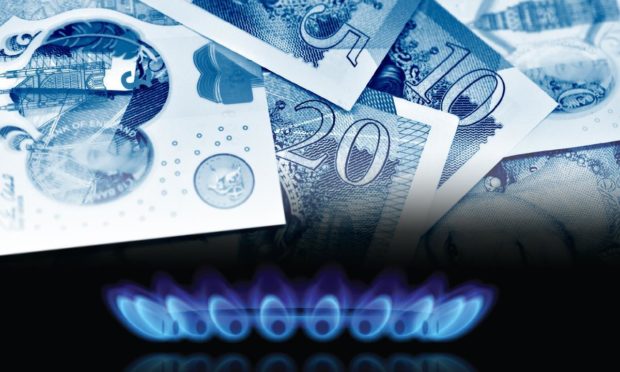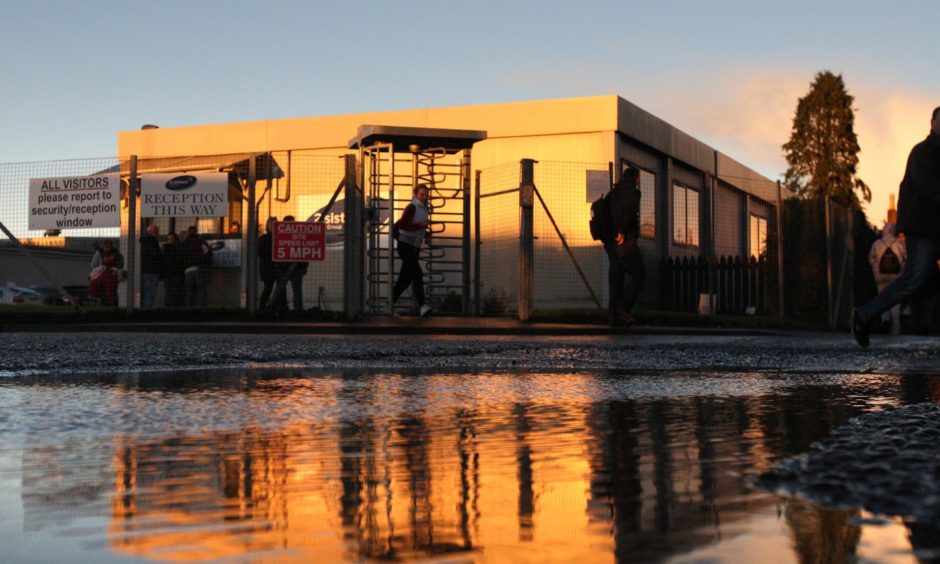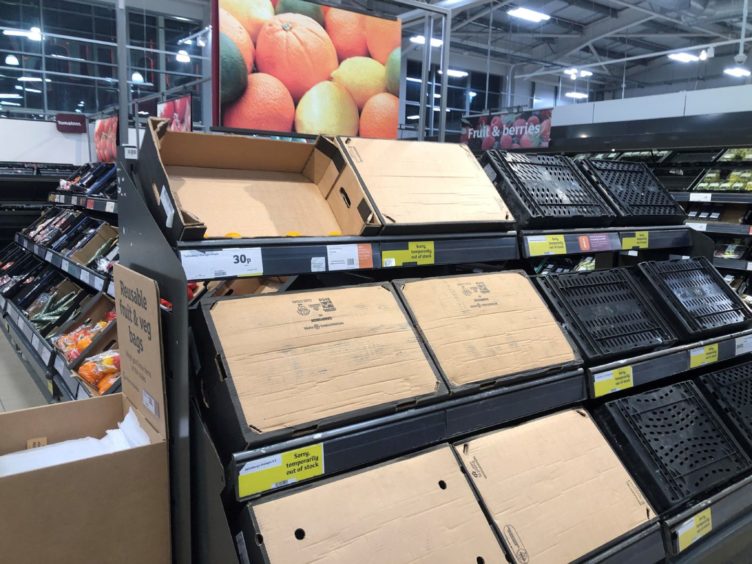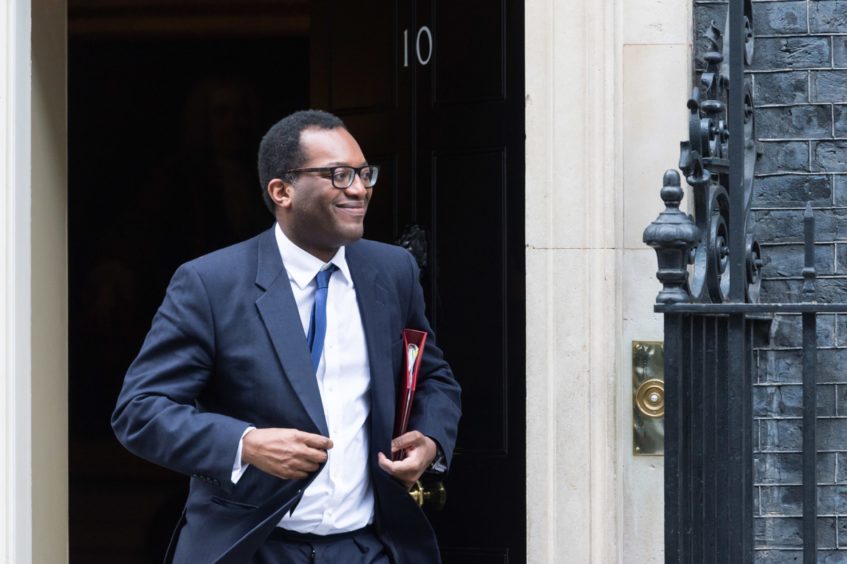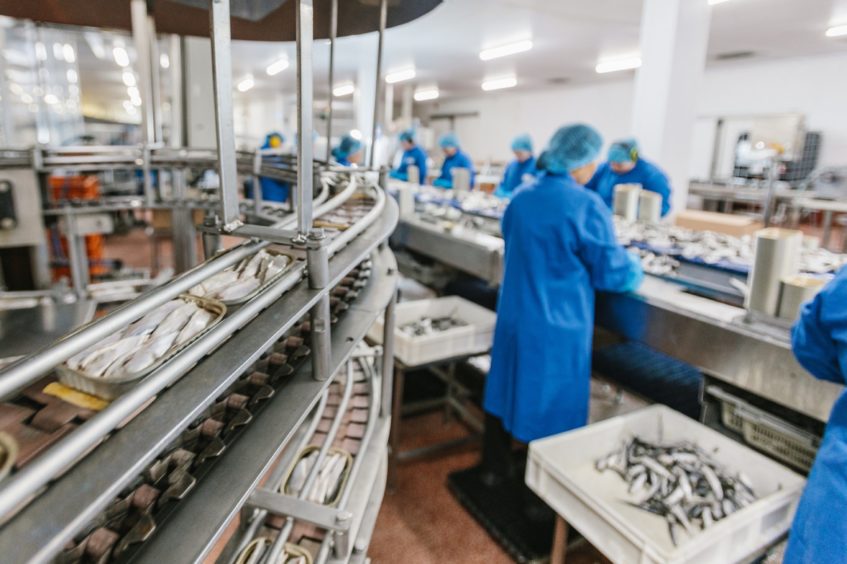Gas prices are surging and the industry is teetering on the brink of a crisis, but could the knock-on effects really lead to turkey being taken off the menu at Christmas?
That’s the warning from major poultry suppliers as the full scale of the rise in energy wholesale costs becomes clear.
While the government scrambles to make assurances that the lights won’t go off and household bills won’t sky-rocket, what are industry figures saying? And what caused the problem in the first place?
What does gas have to do with turkeys?
Carbon dioxide is used in the slaughter of livestock, extends the shelf life of poultry products and is vital to the refrigeration systems that help keep fresh meat on our plates. It is also used in a number of other key industries.
But growing gas prices have led to the UK’s largest fertiliser plants, which produce carbon dioxide as a byproduct, pausing production.
Ranjit Sing Boparan, the owner of Bernard Matthews and 2 Sisters Food Group, said the closure of plants in Teeside and Cheshire has already hit supply to the food industry.
He warned the problem could get even worse in the coming months and will lead to a traditional Christmas being “cancelled” for many households.
Consumers are protected to some extent from sudden rises in utility bills through the government’s energy price cap but serious problems could still lie ahead.
The cap means energy companies have been unable to pass on higher wholesale costs to their customers. A number of high profile firms, including the UK’s sixth largest energy company, Bulb, quickly faced collapse.
Several energy companies have already ceased trading, including Edinburgh-based People’s Energy, which supplied power to 350,000 homes and 1,000 businesses.
Meanwhile, Ofgem, the government energy regulator, has warned UK consumers to expect an average £135 rise in home energy bills this winter.
What is causing the problem?
The gas market is crucial to the UK’s energy supply because of its significance in heating, industry and power generation.
Over 22 million households are connected to the gas grid and in 2020, 38% of the UK’s gas demand was used for domestic heating, 29% for electricity generation and 11% for industrial and commercial use.
Industry group Oil & Gas UK say wholesale prices for gas have increased by 250% since January – with a 70% rise since August.
The increase has been blamed on a number of factors, including an uptick in global gas demand as the world comes out of Covid-19 lockdowns and economies reopen. A cold winter has also led to a much tighter gas market with less spare capacity.
This morning I led a roundtable with UK energy companies & consumer groups.
I reiterated the need for us all to prioritise consumers.
I will update the House of Commons this afternoon on the global gas price situation (1/3)
— Kwasi Kwarteng (@KwasiKwarteng) September 20, 2021
High demand for Liquified Natural Gas, natural gas transported globally by ship, coupled with weather events in the US and essential maintenance projects rescheduled from 2020 due to coronavirus, means less LNG than expected has reached Europe.
Senior executives at some of the largest companies have also said the energy price cap has played a part in bringing about the current crisis.
The cap – the maximum price suppliers can charge customers on a standard payment plan – will be reviewed again in February but there have been some calls for the cap to be lifted early to allow firms to charge more and keep afloat.
To make issues worse, many manufacturers have already been pleading for help to solve a labour crisis blamed on the double whammy of Brexit and the Covid-19 pandemic.
A shortfall of around 90,000 HGV drivers is leading to gaps on supermarket shelves, with the British Retail Consortium (BRC) and freight trade group Logistics UK warning last month that consumers will suffer if the government does not intervene.
Even before the gas crisis, the British Poultry Council warned one in six jobs – nearly 7,000 roles – were unfilled as a result of EU workers returning home and that the situation could hit the supply of turkey this Christmas.
Higher bills and Brexit ‘promises’
Boris Johnson promised in the run up to the Brexit referendum that the UK would pay less for household gas if it voted to leave the UK – a phrase which could come back to haunt him.
UK business secretary Kwasi Kwarteng has held crisis talks with industry leaders and it is understood he is concerned consumers may end up on more expensive tariffs if they are forced to switch to a new supplier because of the crisis.
Customers will still receive gas or electricity even if their provider does go bust and will be automatically switched to tariffs with the new supplier agreed by Ofgem. However, there is no guarantee this will not be more expensive than their previous deal.
Taking on new customers is less attractive for surviving companies, particularly smaller ones, because of the rising costs so there have been reports state-backed loans may be used to encourage firms to take on new consumers.
Christmas cancelled?
Bernard Matthews boss Ranjit Sing Boparan says the gaps on supermarket shelves he warned about in July are “getting bigger by the day”.
“The supply of Bernard Matthews turkeys this Christmas was already compromised as I need to find 1,000 extra workers to process supplies. Now, with no CO2 supply, Christmas will be cancelled,” he told the Guardian.
“The CO2 issue is a massive body blow and puts us at breaking point, it really does … with our sector already compromised with lack of labour, this potentially tips us over the edge.”
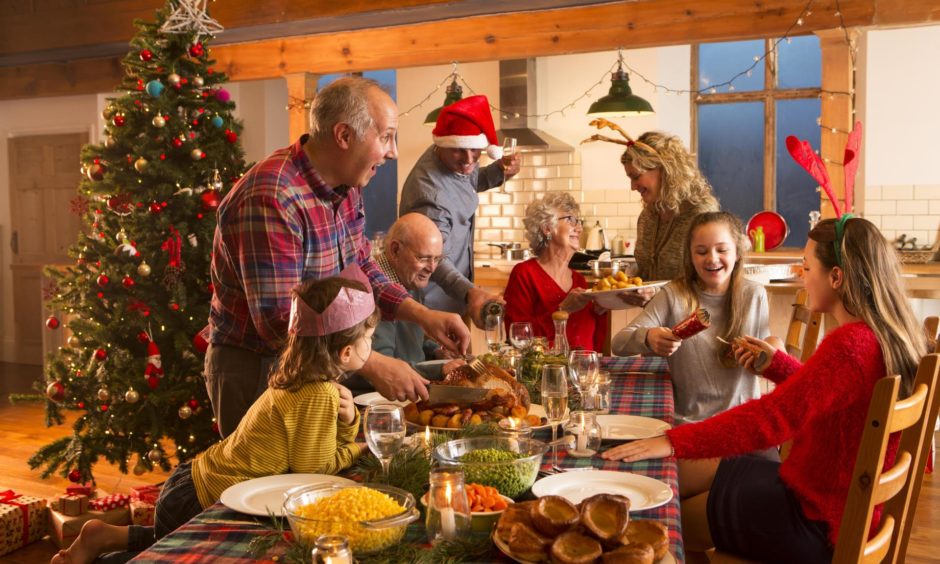
Mr Boparan said the problem will have knock-on effects for animal welfare and the potential for “massive food waste across the board”.
“This is clearly a national security issue and unlike the labour supply crisis, where the government response to our sector has been disappointing, to say the least, it has to be dealt with as a matter of urgency,” he said.
Ian Wright, the chief executive of the UK Food and Drink Federation, told BBC Radio 4 that if the government does not intervene on gas prices, “I would have thought that the impacts would be felt probably not by this time next week, but into the week after that.”
He added: “That’s concerning because we’re beginning to get into the pre-Christmas supply period when warehouses begin to pick up, build up their stocks, ready for the push to Christmas a few weeks later.”
Richard Walker, managing director of the Iceland supermarket chain, also warned the issue could affect supermarket shelves far sooner than the festive period.
“This is no longer about whether or not Christmas will be okay, it’s about keeping the wheels turning and the lights on so we can actually get to Christmas,” he told BBC Radio 4’s Today programme.
“This could become a problem over the coming days and weeks, so this is this is not an issue that’s months away.”
Is our gas supply at risk?
The UK Government says it does not expect supply emergencies this winter.
National Grid Gas has a number of tools at its disposal to mitigate the risk of a gas supply emergency, including requesting additional gas supplies be delivered to the National Transmission System
While our largest single source of gas supply continues to be the UK Continental Shelf (approximately 48% of total supply in 2020), the maturity of that source means we have to supplement supply from international markets.
The UK also has a number of gas storage facilities that act as a source of system flexibility when responding to short-run changes in supply and demand.
